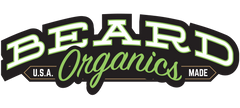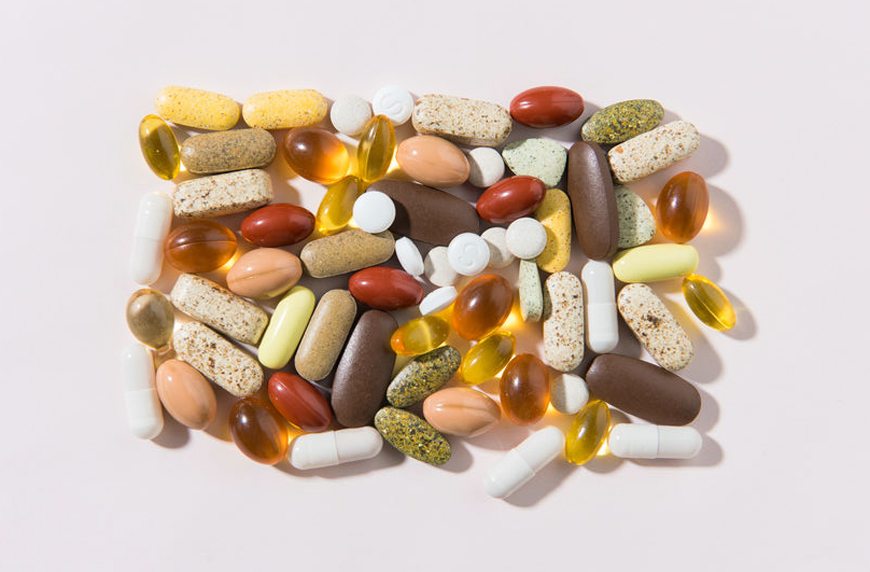You are starting to grow your facial hair and there are so many things you have heard that work. At different times, each person will have to do some form of beard care with various beard care products. One common name in the household of beard care products is Ashwagandha. The root of this green leafy shrub is dried and processed into powder, it's most commonly found form. It is used for various purposes; our focus is the relationship of Ashwagandha and hair growth.
Not to fret, this is not another one of those bank-breaking organic products. It is cheap and readily available in markets in its processed form. Ashwagandha supports healthy beard growth by acting as an antioxidant with anti-inflammatory properties. It's also said to contain flavonoids which regulate the activities of unique Dermal Papillae cells. These DP cells are known to regulate hair follicle formation and growth cycle, encouraging vascular re-growth.
It also plays a major role in reducing the level of stress in the body, extreme levels of stress can cause hair to fall out. It has properties that enhance the production of melanin in the body. Melanin is a skin pigment that provides protection against UV rays and helps in maintaining healthy skin and hair, in turn, slowing down the greying process. This can be conveniently used in combination with other beard care products. The effects of the powder should be visible in a few weeks.
What is Ashwagandha?
Ashwagandha (Withania somnifera) is an ancient medicinal herb. It is a short, tender shrub commonly found in drier regions in India, Nepal and some parts of China. Commonly called Indian ginseng, its leaves are green, dull and bell-shaped and bear orange-red fruits. The most commonly used part of the part is the root in the form of powder.
The Indian Ayurvedic system of medicine, one that has been practiced for generations and is widely known, is the belief that wellness of the system is a result of the balance between mind, body, and spirit. This method spans as long as 1000BC and it employs the use of Ashwagandha as a traditional herb to function as a tonic.
Ashwagandha provides many health benefits for the body and brain. Withanolides are active ingredients in Ashwagandha that help your body manage stress by regulating cortisol levels, boosting brain function and regulating blood sugar levels. This helps to improve general health and fight depression. It can also support the male reproductive system, improving the production of testosterone -- a major participant in sexual development in men. It is traditionally used before bedtime with food pairing such as orange juice and milk which aids for better absorption, allowing herbs to deeper penetrate tissue
How Does Ashwagandha Help Keep Your Scalp and Hair Healthy?
Ashwagandha stimulates DHEA. DHEA is responsible for the male and hormones, testosterone and estrogen which stimulates the production of serum. Serum gives the hair a healthy environment to grow by ensuring hair and skin is moisturized which will prevent breakage and nutrients - proteins are made available. Its anti-inflammatory properties are great for dandruff and other scalp ailments like eczema and scalp psoriasis.
It is good support in addition to the use of beard oil. If for a certain reason you have concerns with beard oil or factory produced beard moisturizers, or have certain reactions to essential oils that inhibit your usage, you can easily replace the latter with the Indian ginseng for your facial hair, using DIY methods to create your mix.
It can be made into a beverage, an herbal tea with warm water. It can also be combined with other food pairs that aid digestion. Another way to use it, is in creating a mix of your choosing. You can add other ingredients to further improve it and apply the paste directly to your beard, leave for about 30 mins and wash off. Moisturize your beard and style. It can also be added to your shampoo, this will relieve itchy scalp and enhance circulation and strengthen hair.
When Should You Use Ashwagandha for Your Hair?
There is no stipulated time to start the use of Ashwagandha as your beard care product. Once you have decided to start growing or chosen to improve on the general health of your facial hair, you should do market research on the varieties of products available.
Compare and contrast products you find, making sure to check the ingredients and note if benefits align with your health requirements. If you settle on Ashwagandha as opposed to beard oil, you are required to purchase and start using it as soon as possible. It is advisable to use this product together with other moisturizers to enhance its effects.
Are There Any Side Effects to Using Ashwagandha?
Although there is no distinct evidence that proves there is any health benefit in Ashwagandha as it yet to be regulated by the FDA. It is still commonly preferred for its acclaimed benefits that health experts have proven. It is crucial to note that when used in combination with other drugs and supplements, there could be serious repercussions.
Side effects have been discovered to stem from the long-term use of Ashwagandha. When used in small doses, it can be properly controlled by the body. Other studies have shown that over time, users experience side effects such as drowsiness, headache, and stomach discomfort in mild to moderate impressions.
Does Ashwagandha Help Overall Health?
Ashwagandha improves mental and reproductive health and boosts resilience and longevity when used in the right manner. However, we urge you to discuss taking Ashwagandha with your physician because it might interact with specific drugs.



